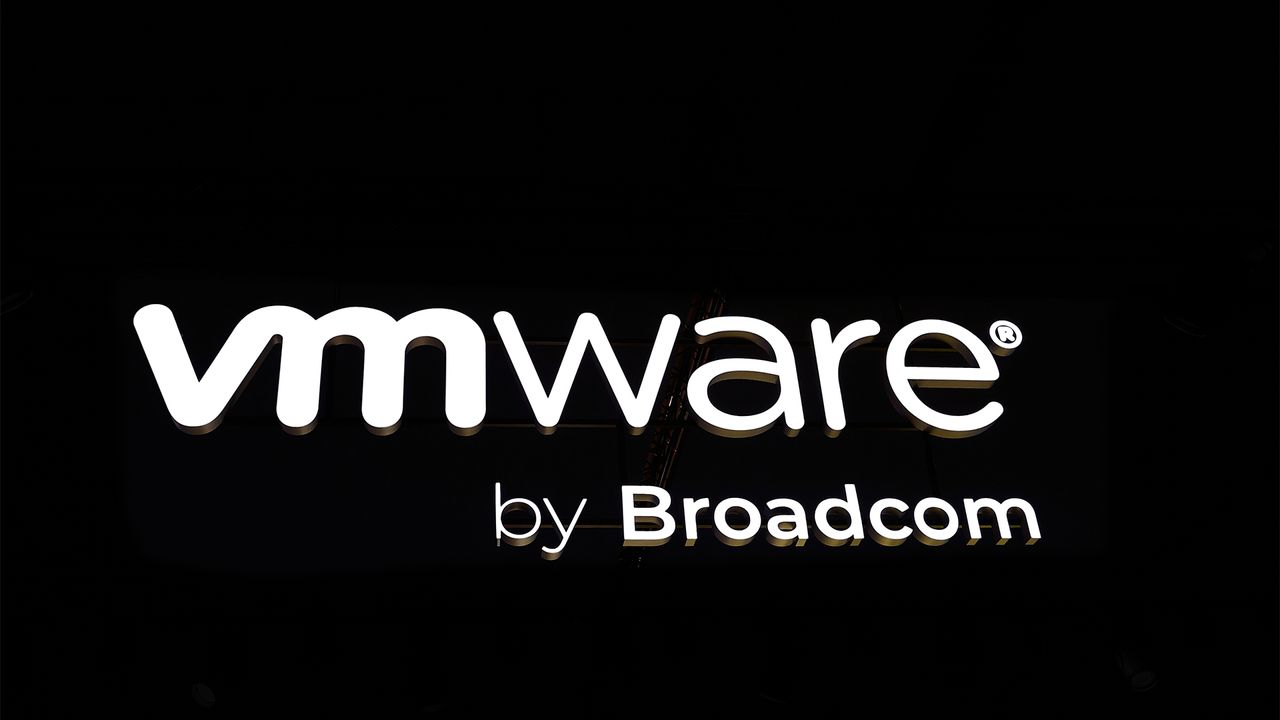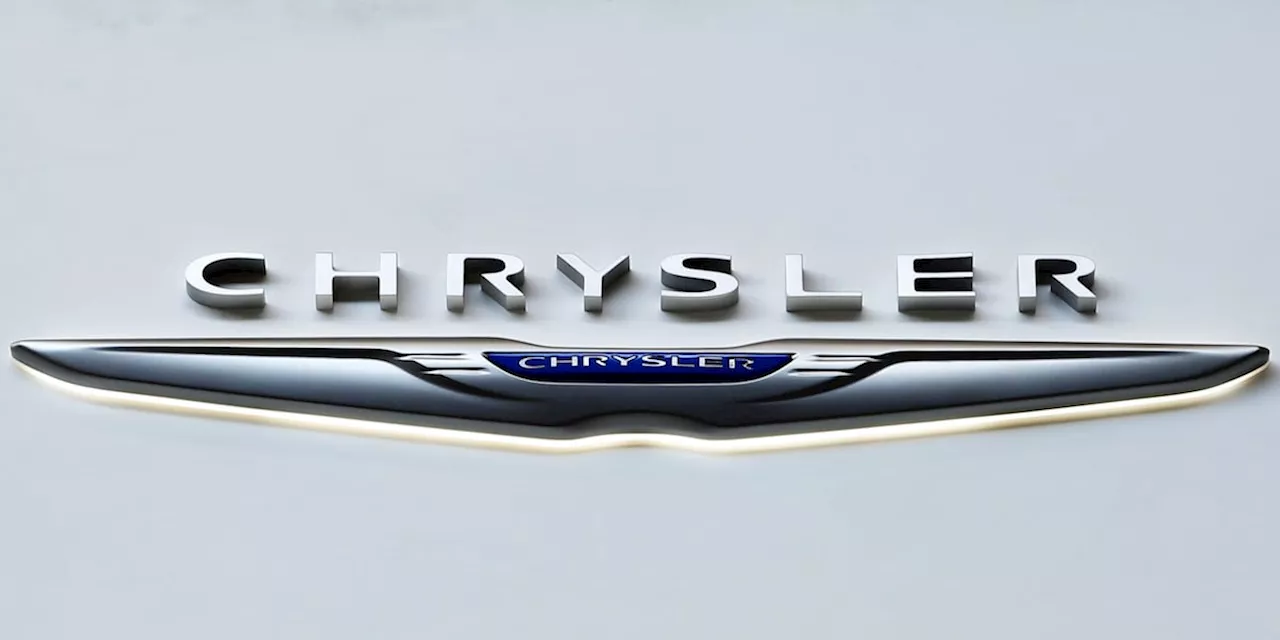Computacenter has initiated legal proceedings against Broadcom and Dell, joining the ongoing lawsuit filed by Tesco over issues related to VMware licensing contracts. The supermarket chain announced its intention to sue Broadcom for £100 million last month, claiming that changes in licensing terms led to a staggering 237% increase in costs for VMware software.
Broadcom acquired VMware in March 2022 for $61 billion. Since then, many customers have expressed dissatisfaction over the revised licensing terms that resulted in significant price hikes. Tesco’s court filings assert that Broadcom has refused to engage in negotiations and has exploited its market position to impose these increases.
Details of Computacenter’s Legal Claim
Computacenter has found itself named as a defendant in the case because Tesco sourced its VMware licenses through the IT reseller. As reported by The Register, Computacenter’s legal claim against Broadcom and Dell seeks damages should Tesco prevail in its lawsuit. The reseller alleges that it was unable to provide the VMware services as quoted in a 2021 agreement for Tesco, which included subscriptions for VMware’s Tanzu Basic and Tanzu Mission Control for a five-year period, plus an additional four years of support.
Dell has stated that it could not fulfill the promised renewals at the initially quoted prices due to “the changes within VMware and actions by Broadcom.” The ongoing disputes highlight the complexities surrounding the VMware licensing framework post-acquisition.
Industry Reactions and Ongoing Concerns
The lawsuit from Tesco is not an isolated incident; it reflects a broader discontent among VMware customers since Broadcom’s acquisition. The company has described its licensing adjustments as a move to “streamline” its partner program, yet critics argue that these changes have limited the number of companies able to resell VMware products effectively. The Cloud Infrastructure Services Providers in Europe (CISPE) has voiced strong opposition, suggesting that the acquisition should be reversed. Their research indicates that some VMware customers have faced price increases ranging from 800% to 1,500%.
“While Broadcom has succeeded in transitioning VMware customers to its new licensing framework, these customers continue to face substantial financial burdens and operational disadvantages due to the imposed terms,” CISPE stated.
The organization has called for Broadcom to restore fair licensing practices by providing advance notice of contractual or pricing changes, ensuring transparent pricing, and establishing agreed charges for peak usage. Should Broadcom fail to comply, CISPE has indicated that regulatory action could be initiated against what it describes as “harsh, exploitative practices.”
As competitors such as Pure Storage, NetApp, and Hewlett Packard Enterprise (HPE) launch alternative solutions, the landscape for VMware customers is shifting. This ongoing legal battle may further complicate Broadcom’s position in the market, especially if new regulations emerge as a result of growing discontent.
ITPro reached out to Computacenter, Broadcom, and Dell for comments regarding the lawsuits but had not received a response at the time of publication. The outcome of this legal confrontation could have significant implications not only for the parties involved but also for the future of VMware’s customer relations and pricing strategies.







